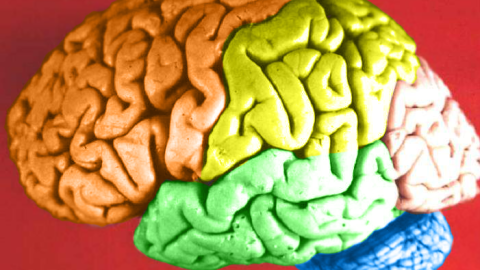How the Internet Affects Our Memory

What’s the Latest Development?
When researchers from Harvard and the University of Wisconsin recently ran experiments on how the Internet affects memory, they found that, these days, we remember how to access information more than we do the information itself. In one experiment, a group of subjects were asked to input data into a computer. Half the group were told the information could be retrieved later; the other half were told it could not be. Those who believed the information would be stored on the computer remembered how to access it while the other group did better at memorizing the information itself.
What’s the Big Idea?
While some might lament our increasing dependence on technology for fundamental tasks like—remembering something, Jonah Lehrer asks what is so sacred about our ability to recollect? In light of research demonstrating just how fallible our memory is, says Lehrer, the human capacity for recollection is not sacred at all. We very often unconsciously twist memories to serve our current disposition. Remembering how to access accurate information about the past turns out to be more reliable than trusting our brains to remember the same information accurately.





